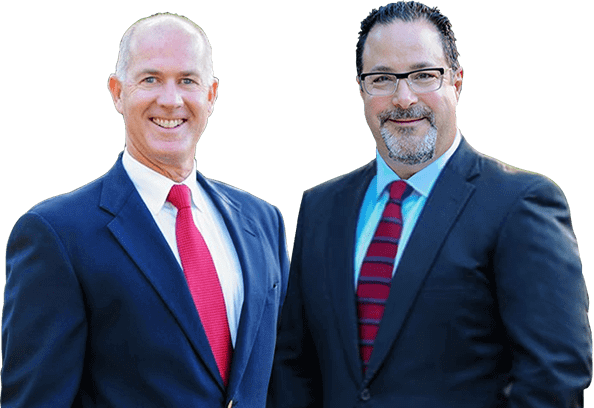Any profession that someone pursues is associated with a specific degree of personal risk. Employees in a manufacturing setting could end up hurt by heavy machinery or caustic chemicals. Those working in a retail environment could get hurt due to items falling off of a shelf or a fall. Medical professionals are exposed to pathogens and deal with people who are emotionally unstable. Injury and even death can occur in most professions when something unexpected happens at work.
While there are hazards associated with just about every profession, some careers are far more dangerous than others. When looking at reported workplace incidents and fatalities on the job, certain professions stand out as far more dangerous than others.
Most of the top dangerous professions are blue-collar jobs
When looking at the deadliest professions in Florida, a clear trend emerges. Workers who perform physical labor have the highest chance of dying on the job.
In the transportation sector, 80 workers died in Florida in 2021. The construction industry reported 69 deaths, while maintenance and grounds workers saw 77 workplace fatalities. 33 installation and repair professionals died on the job in 2021, and 19 first responders gave their lives in public service. Other jobs with multiple reported deaths in 2021 include roofing, production, farming, fishing, forestry and sales. With the exception of sales, nine of the 10 deadliest jobs are all blue-collar career paths. Workers might only be one mistake away from fatal or life-altering injuries.
Of course, dying on the job is relatively rare. For every worker who dies on the job, many others might have significant injuries that force them to stop working or that require expensive medical care. Workers’ compensation benefits can protect those who cannot work due to medical challenges. There are also death benefits available for surviving family members when someone dies prematurely because of their career.
Pursuing a workers’ compensation claim can reduce the economic impact of a dangerous profession on an individual and their close family members. No amount of money can compensate for suffering, but it can help to minimize certain stresses associated with physical harm.

